Children easily pick up habits from their family or surroundings, especially when they observe physical violence as a way to respond to interpersonal conflicts. They think it is normal to experience being bullied by someone who seems powerful than them. It is essential that you, as a parent, discuss with your kid about their concerns and teach them how to articulate their feelings regarding bullying.
Bullying is not a rite of passage. Although it has been around for thousands of years, it is familiar but not comfortable. Kids and Bullying – now is perhaps more dangerous than ever as it has inculcated itself into the cyberspace that increasingly encroaches upon the lives of our kids, through cell phones, Facebook, and emails.
Relentless and apparently unavoidable, cyber bullying leaves no safe place for a kid to turn; not the classroom, the playground, the school bus, or home.
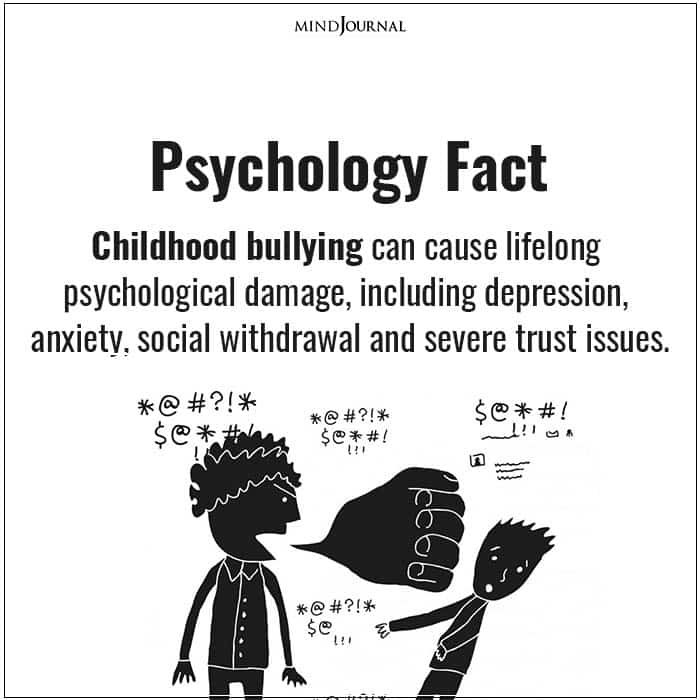
But no kid is powerless. No parent need feel unable to address the cruelty of bullying.
Here Are Five Things To Talk With Your Kids About Bullying, And Move Their Own Sense Of Small Into Tall.
1. A Bully Is Trying To Take Something From You: Your Self-Esteem.
Your kid need never forget how amazing they are, and that no bully can ever change that. A kid who feels good about themselves is a much less likely target of a bully. Kids need to know that not only will they be protected, but they can protect themselves by understanding what a bully wants: to feel puffed up and powerful by making someone else feel small and weak. Bullies may have been bullied themselves, and have lost their own sense of value, and are now trying to take it from you.
Related: 12 Ways To Protect Your Child From Stress
2. Gather Your Friends Around You.
Being valued translates to having friends, and there is strength in numbers. Bullies target kids who they think are weak and vulnerable, preying on the insecurity that may come with feeling isolated and alone.
Parents can create ways for kids to be with other kids, to be seen as a person other kids want to be with, to be valued by peers and not just the family. Make play dates. Get to know the other parents. Get your kid involved in after-school activities. Help them always recognize how valuable they really are. Parents need not be afraid to teach and assist their kids in building social currency.
3. Never Be Alone With A Bully.
Visibility is a deterrent. If a kid tries to bully you, make it visible. Bullies thrive on the belief that you will not stand up to them, certainly not in public. Be with your friends, and be willing to say something like, “Hey, are you trying to bully me?” Call it like it is.
Related: Genius School Replaces Detention With Meditation And Has Achieved Wonders
4. Bullying Is Not Something To Be Tolerated.
You don’t have to solve the problem on your own. Talk to a grown-up you trust and strategize about how to deal with the bully. Parents have to address their kids’ fear that they will be retaliated against if they involve you in solving the problem. Be clear with your kids: You don’t have to put up with bullying or being bullied nor tolerate bullying towards others!
Don’t stand by if you see someone else being bullied. Bystanders can help prevent bullying by aligning with the target: once again, there is safety in numbers.
Related: What Is Social Aggression: How To Spot And Stop It
5. Never Lose Sight Of Empathy.
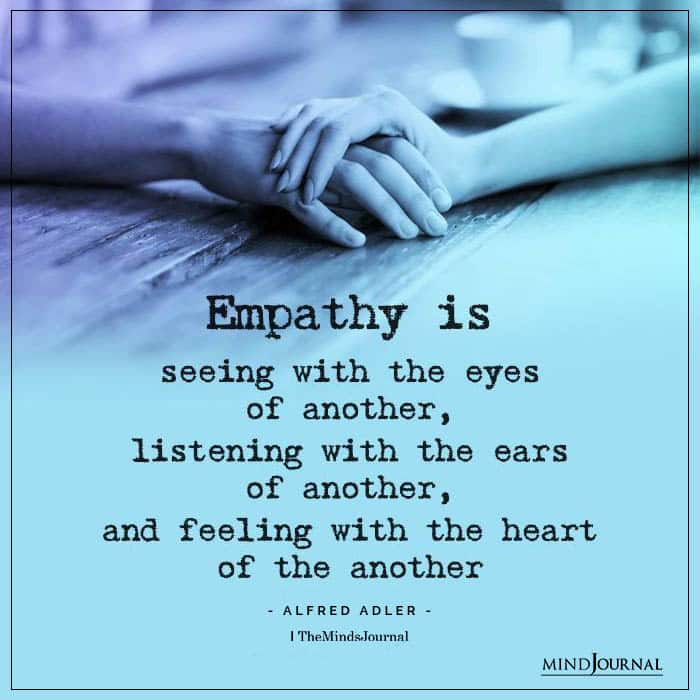
We all want to feel valuable. Even a bully. This does not mean you tolerate bullying. Just the opposite. But by teaching our kids to feel sorry for kids who have lost their own way, their own self-esteem, their own value to the extent that the only way they can feel good is to try and make someone else feel bad, we teach our own kids how precious each of us truly is, and how desperate we are to be heard, understood, guided, and valued.
All of these tips can just as easily be applied in the workplace, the sports field, and even at home. Let me know how it works for you and your children by starting a comment thread. We can do this.

Source: The Fear Reflex: Five Ways to Overcome it and Trust Your Imperfect Self. Joseph Shrand, MD Hazelden Press 2014 It’s an I-M thing.
Written by: Dr. Joseph Shrand, author of the award winning book Outsmarting Anger: 7 Strategies for Defusing our Most Dangerous Emotion.
Drug Story Theater Podcast
Originally appeared on Psychology Today
Republished with permission
Frequently Asked Questions (FAQs)
What kind of abuse is bullying?
Bullying that focuses on using intimidation, threats, and verbal abuse to manipulate others is referred to as emotional abuse.
Is physical bullying abuse?
Bullying may take many different forms, including acts that are verbal, physical, or mental.
What is the cause of verbal bullying?
One of the most prevalent types of bullying is verbal abuse that may inflict significant emotional damage and is often brought on by resentment or jealousy, a poor childhood, conflict, etc.
Can bullying have a positive effect?
Bullying has no positive effects. It produces serious psychological harm and has repercussions.
Why is it problematic to suggest that suicide is directly caused by bullying?
The idea that bullying is a direct cause of suicide is problematic because it promotes sensationalized reporting and ignores the fact that suicide has more complicated causes.
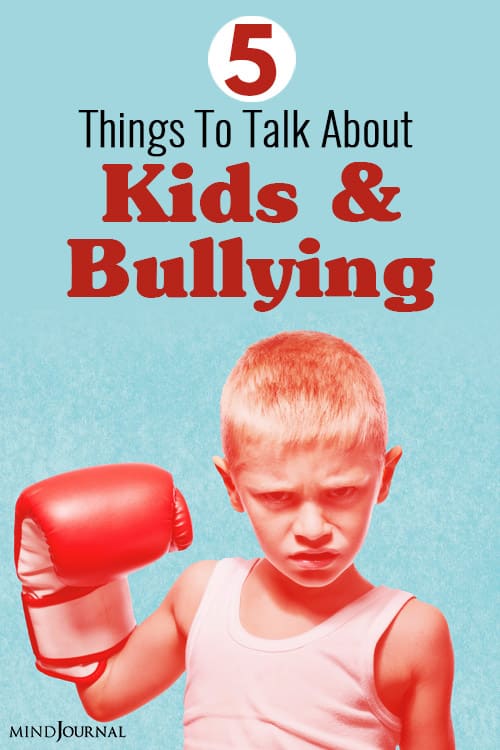
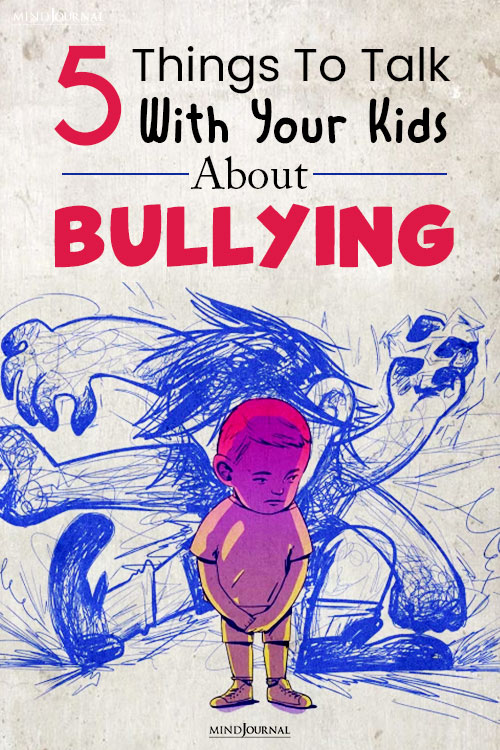

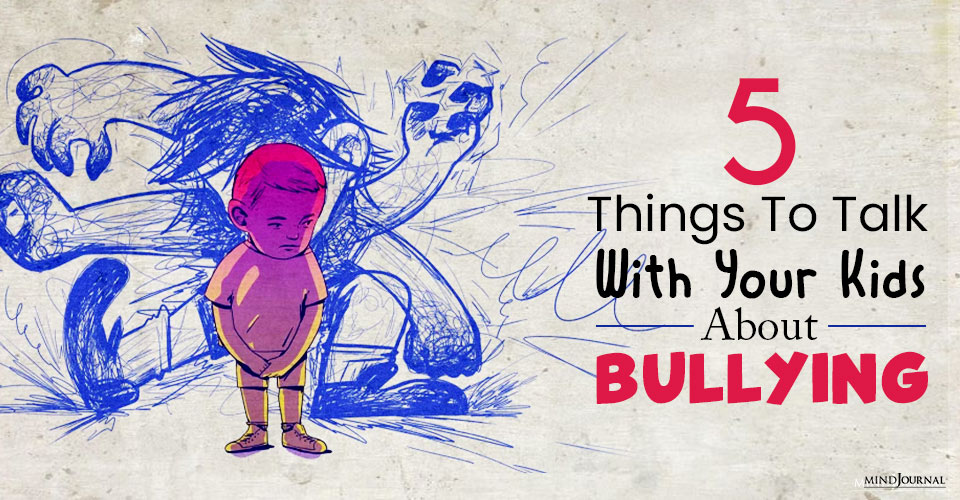







Leave a Reply